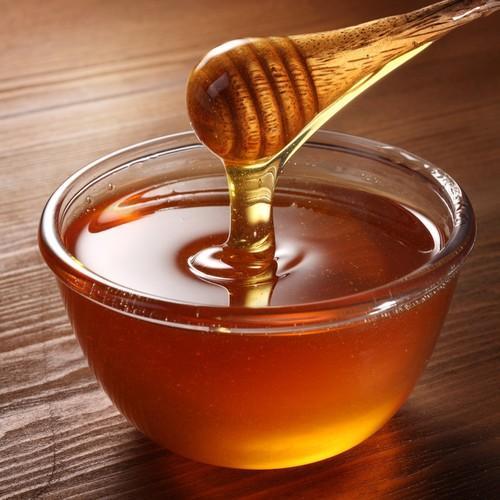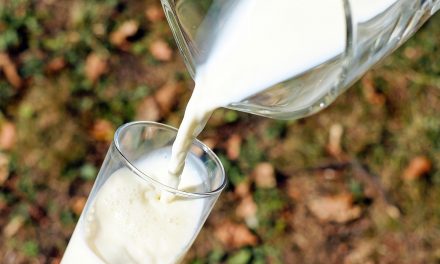My son, eat honey, for it is good, and the drippings of the honeycomb, are sweet to your taste.–Proverbs 24:13 Honey is a sweet, thick, golden liquid made by bees using nectar from flowers. Honey has been in existence for thousands of years and has been referred to as civilization’s original sweetener.[1] It was and still is considered a precious commodity in some parts of the world. Honey is often used as a barter commodity in remote areas and can become a highly significant commodity in places isolated by war.[2] Ezekiel 27:17 –Judah and the land of Israel traded with you; they exchanged for your merchandise wheat of Minnith, meal, honey, oil, and balm. (ESV) Honey is made up of several components –76% of it is composed of sugar (glucose, fructose and sucrose), about 18% is water, while the remaining 6% is made up of components (minerals, proteins, acids vitamins and essential oils) which determine the differences in color, aroma and taste, between various types of honey.[3] It has medicinal properties. The word of God in Proverbs 16:24 declares that gracious words are like a honeycomb, sweetness to the soul and health to the body. Ancient races used honey for wounds and diseases of the gut.[4] Furthermore, modern science is finding evidence to support many of the historical uses of honey such as:[5] So how can we enjoy the benefits of honey? Honey can be paired with a number of foods including nuts such as almonds, fruits like strawberry, butter and a variety of vegetables. Honey also goes well with some blends of tea and smoothies. Nevertheless, like most foods, we must not overindulge ourselves –Proverbs 25:16&27. In diabetics, caution must be applied when eating honey. If your diabetes is well controlled and you desire to add honey to your diet, choose pure, organic, or raw natural honey.[7] In closing, there’s nothing wrong with having a spoonful of honey once in a while so that you’re able to avail yourself of all its nutritional benefits, and in the words of the bible –the drippings of the honeycomb which are sweet to your taste. Remain Blest! [1] Elizabeth Palmero. What is Honey? Live Science. [2] Food and Agricultural Organization. [3] Royal Jelly. Composition of Honey [4] Al-Jabri AA. Honey, Milk and Antibiotics. [5] Medical News Today. Everything you need to know about Honey [6] Healthline. 7 Proven Benefits and Uses of Manuka Honey [7] Healthline. Honey and Diabetes: Can you Eat Honey If you Have Diabetes?
https://www.ispeech.org
EAT HONEY, FOR IT IS GOOD












Recent Comments